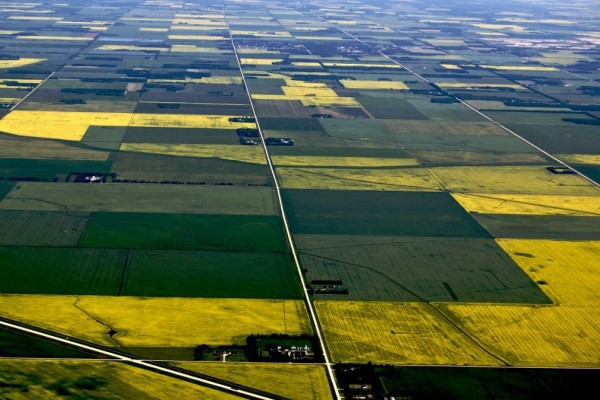-

Convenience at a cost: Online food delivery apps are doing more harm than good
In our fast-paced, consumer culture, it may seem like ordering lunch and dinner several times a week, paying a premium for a personal grocery shopper, or having a meal-prep kit delivered to our doors is a savvy, efficient way to make room for tasks deemed more important. But whom do these more important tasks benefit?
-

Less can mean more: Reducing energy consumption to manage the climate crisis
We need to contend with the intersections of capitalism, patriarchy, colonialism, racism, and democracy, and raise fundamental questions about whether what has been called the “imperial mode of living” is the best and only way to live, especially since the privileged way of life in the Global North comes at the expense of other people elsewhere in the world and at the cost of our planet.
-

British Columbia hotel workers fight pandemic profiteering
Housekeepers and food and beverage workers—a sector dominated by women of colour—have experienced increased pressure on the job, which has been exacerbated by the pandemic. But British Columbia’s hospitality workers raised the alarm, staging the longest hotel strike in the province’s history and securing a new vote in favour of a collective bargaining agreement.
-

How Canada failed its farmers and agri-producers
Private control over Canada’s agricultural sector now extends well beyond farms and into the food processing and retail space, effectively securing policy and regulatory influence along the supply and value chain. The harms perpetuated by this model are having grave consequences, expanding the power of corporate players at the expense of local producers.
-

Why is Ontario spending billions on nuclear energy when cheap renewables are available?
Why is the Government of Ontario trying to stall renewable energy development when renewables provide the cheapest and cleanest source of electricity? Specifically, why spend millions of dollars to cut clean energy projects, only to turn around and spend billions more to develop an economically floundering nuclear sector and prop up an environmentally disastrous oil industry?



